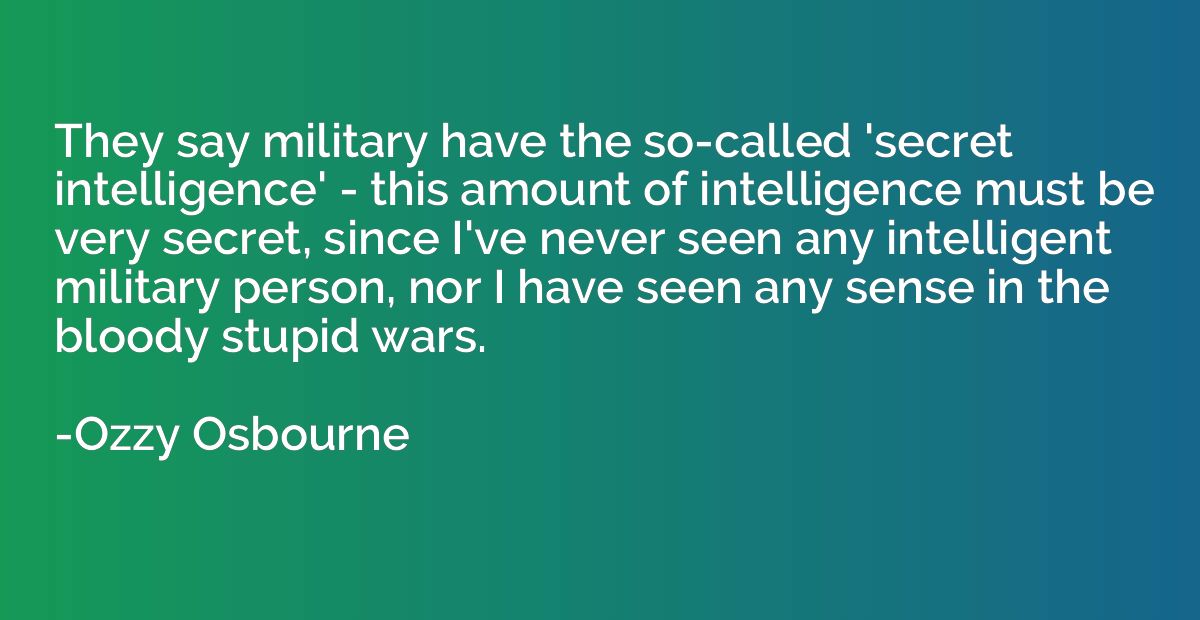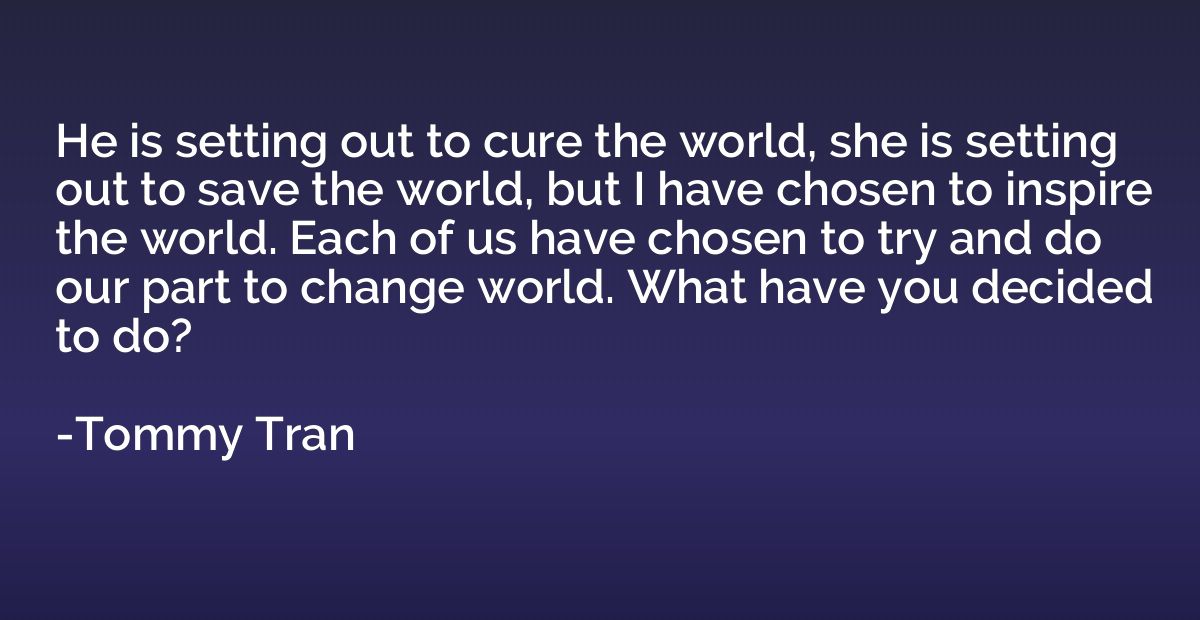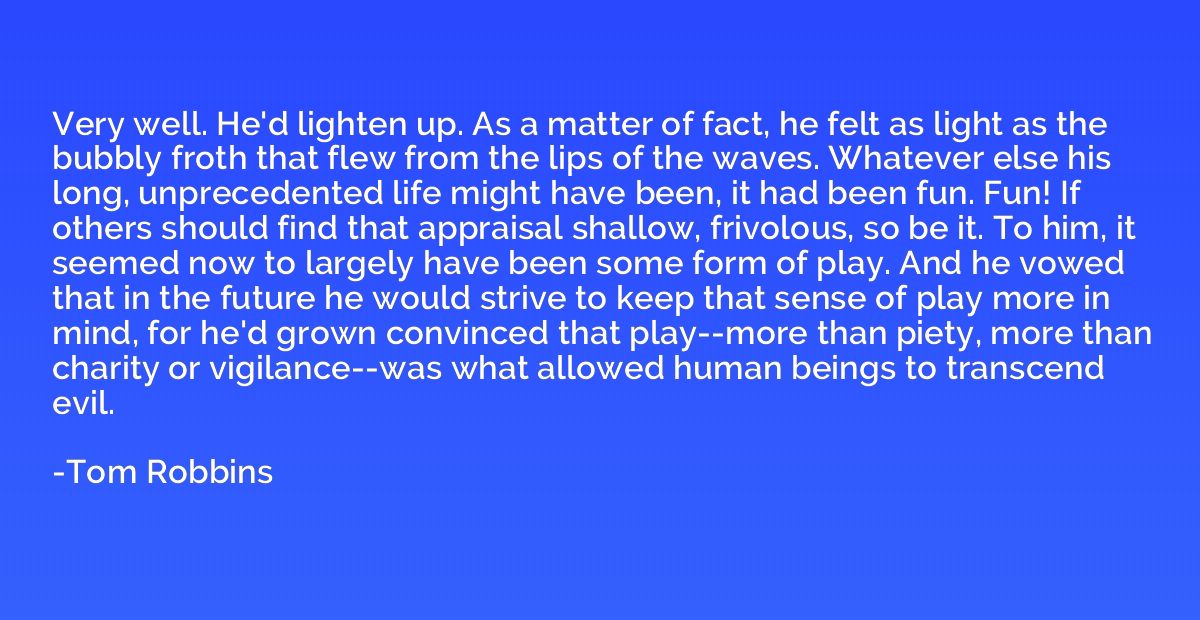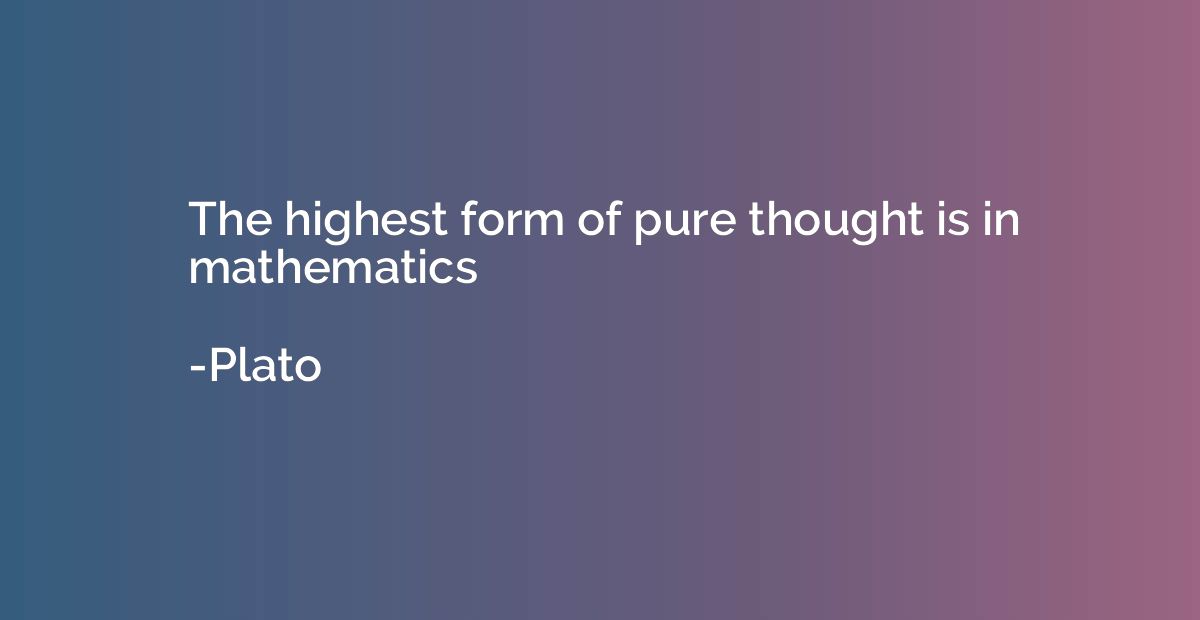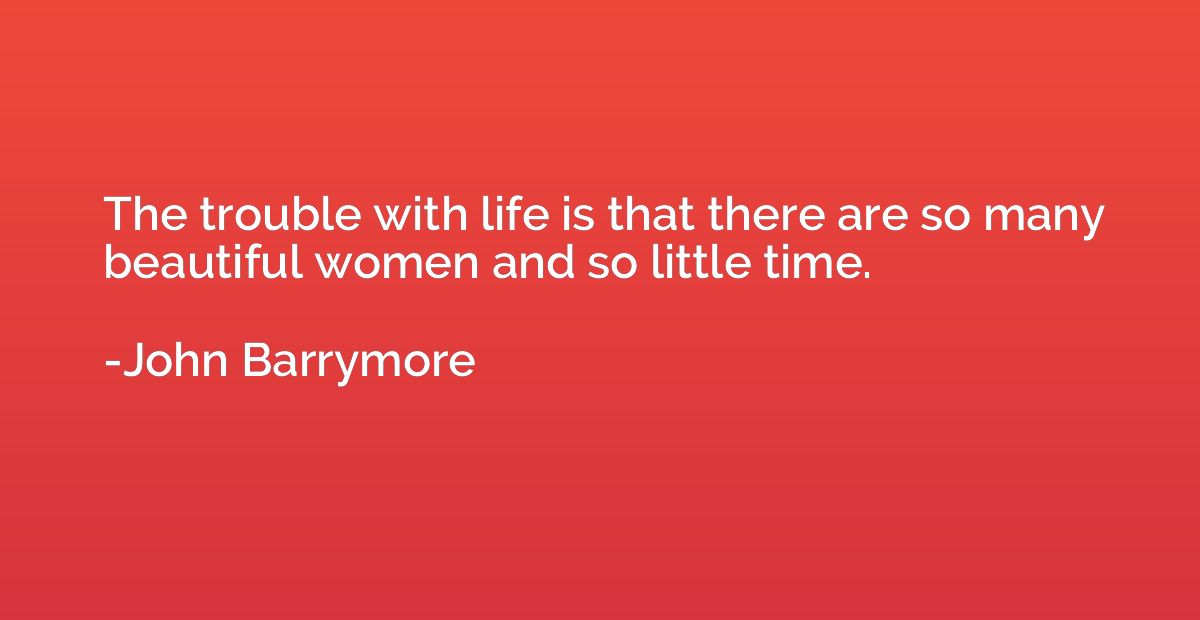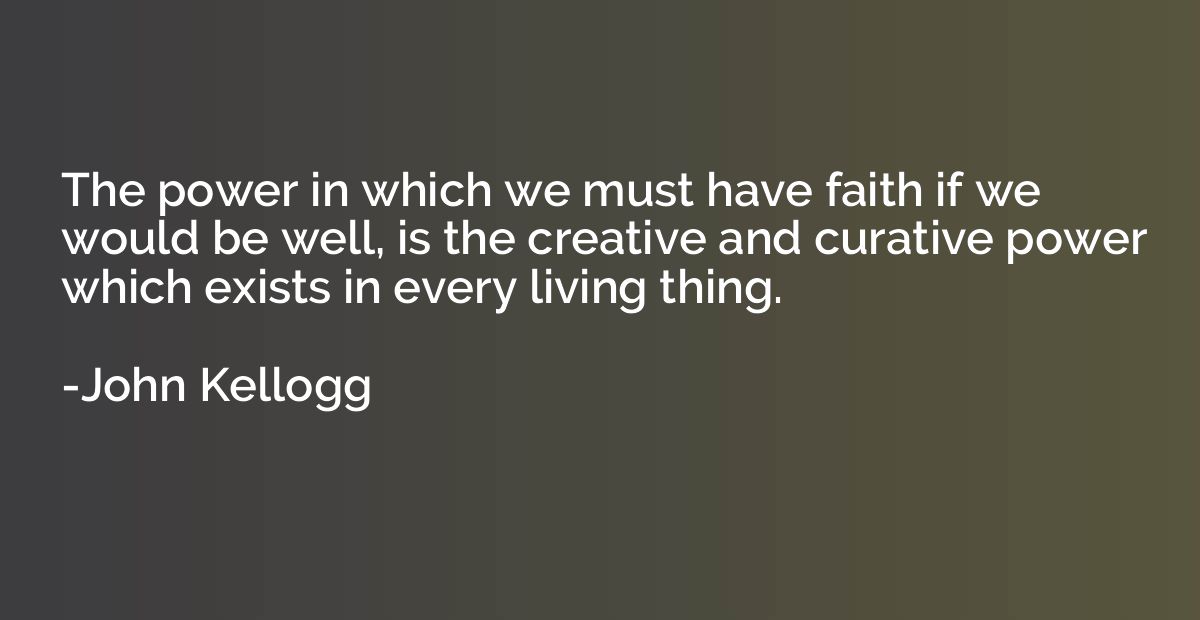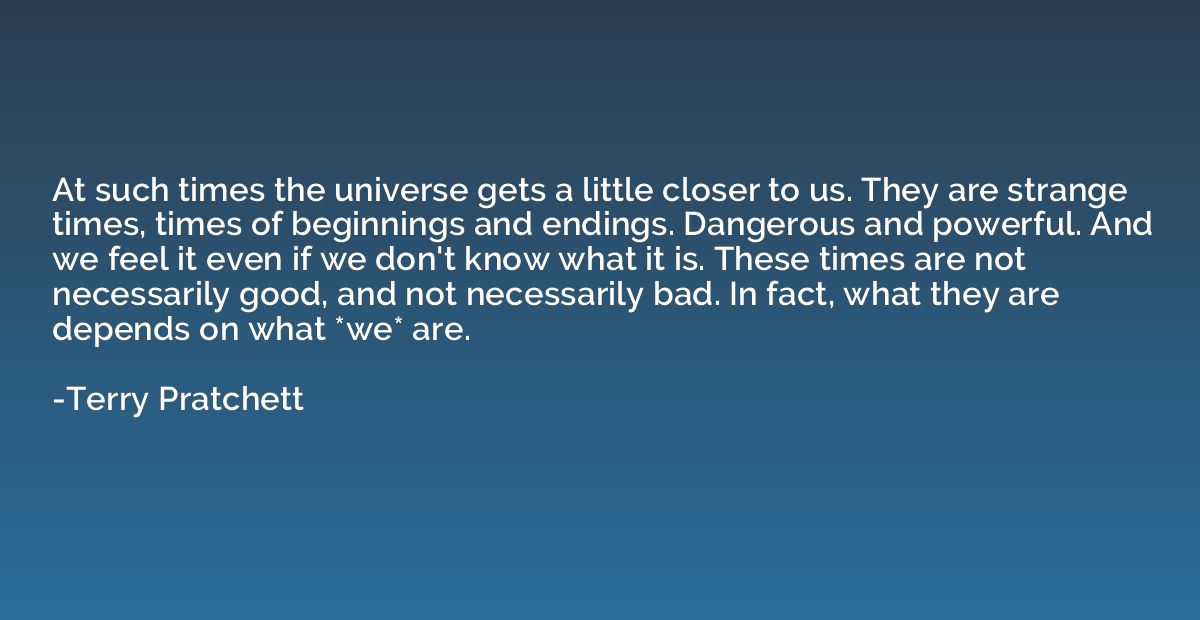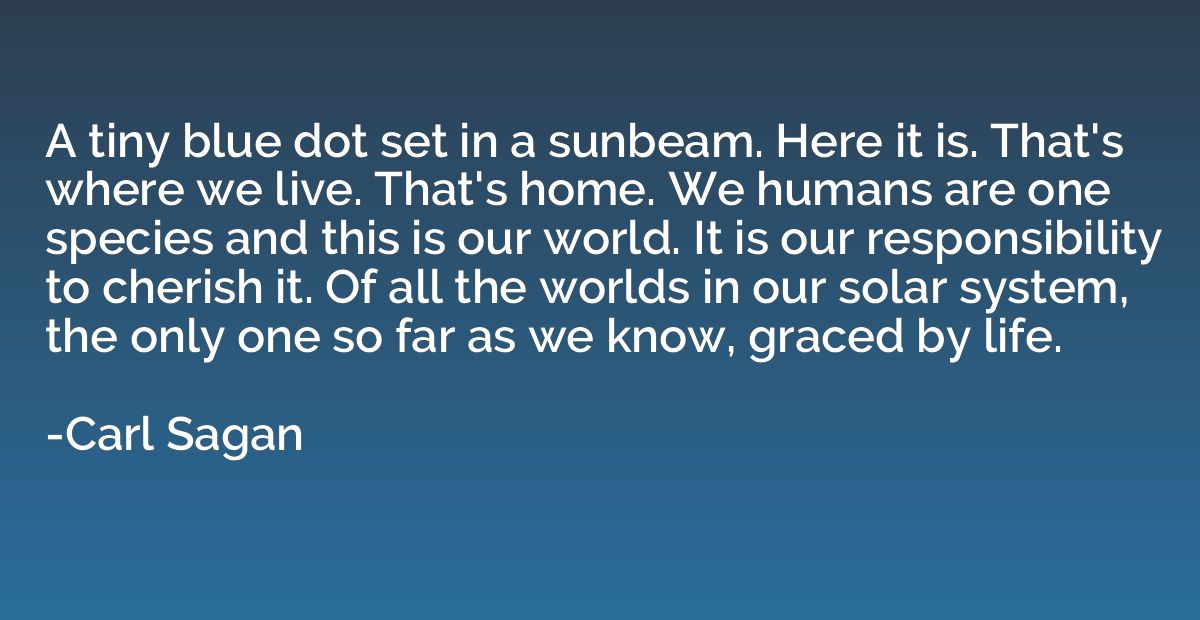Quote by Marla Gibbs
I truly believe that everything that we do and everyone that we meet is put in our path for a purpose. There are no accidents we're all teachers - if we're willing to pay attention to the lessons we learn, trust our positive instincts and not be afraid to take risks or wait for some miracle to come knocking at our door.

Summary
This quote emphasizes the belief that every aspect of our lives happens for a reason and has a purpose. The encounters we have and the actions we take are not coincidences, but intentional occurrences meant to teach us valuable lessons. It encourages us to be mindful, to trust our intuition, and to be proactive in taking risks rather than waiting passively for opportunities. The quote rejects the notion of miracles happening unexpectedly, emphasizing the importance of actively engaging with our surroundings and learning from our experiences.
Topics
Positive
By Marla Gibbs



